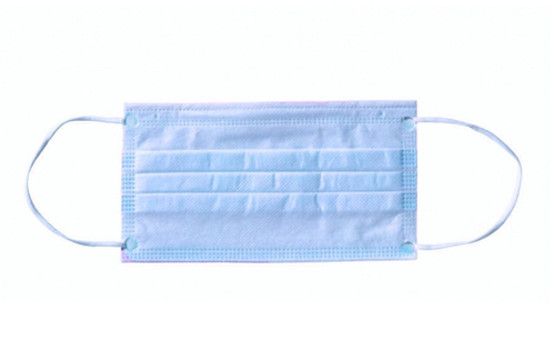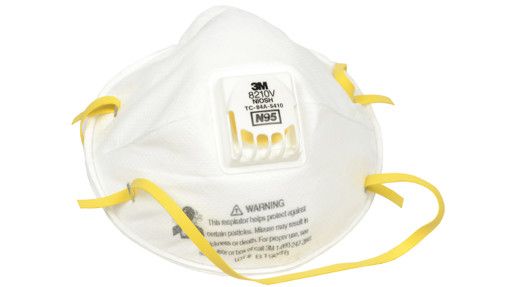Media outlets globally have been reporting on the recent coronavirus outbreak that started in China and has spread to other countries. The Center for Disease Control says that the coronavirus can spread via the air, through close personal contact or touching an object or surface with particles on it.
This outbreak has fueled demand for face masks. As a response, Chinese exports have been temporarily halted so that more locals can purchase them, and distributors have rationed their supplies.
Since there is no vaccine to prevent the spread of the coronavirus from person to person, many believe wearing a face mask will protect them. But do they actually help prevent the spread of this virus?
Face Mask vs. Respirator: Which is Better?
If you’ve ever been to the dentist, a surgical face mask will look familiar. These masks are typically more useful for people who are already sick because it prevents them from spreading the infection to others. They’re loose-fitting and aren’t designed to block tiny particles from the air.
A surgical mask’s main purpose is to block the liquid from another person’s sneeze or cough from entering your nose or mouth. It also acts as a protective barrier when you’re in close contact with someone who is sick.

If you’re looking to block airborne viruses from entering your body, you’ll need a respirator, a tight-fitting protective device worn around the face. The most common respirator is the N95. The name comes from the fact that it blocks 95% of the tiny particles in the air.
Several brands manufacture N95 respirators, and they come in various sizes. When shopping for a respirator, make sure the package says “N95” to ensure you are getting the full level of protection.

For a respirator mask to be most effective at its job, it’s critical that it is worn firmly around your nose and mouth without any gaps. And once it’s on, it must remain on.
Industrial N95 respirators are not the same as surgical N95 respirators. In fact, industrial N95 respirators are designed to reduce but cannot eliminate a wearer’s exposure against certain airborne particles and aerosols free of oil. These are particularly for industrial settings.
Because these respirators are meant for industrial settings, U.S. health officials do not recommend that U.S. citizens wear these for protection against coronavirus, either.
So, what’s the bottom line? An approved N95 surgical mask can lower the chance of a viral illness, but you should still continue other preventative measures: wash hands, avoid touching your mouth or nose and avoid those who are ill.
The CDC advises washing your hands often with soap and water for at least 20 seconds or use an alcohol-based hand sanitizer that contains at least 60% alcohol, if soap and water are not available.
Visit benco.com to shop for available N95 respirators to protect against the spread of the coronavirus.




